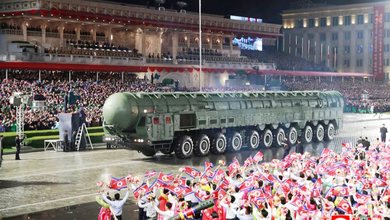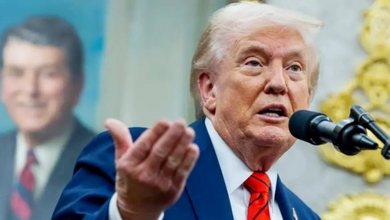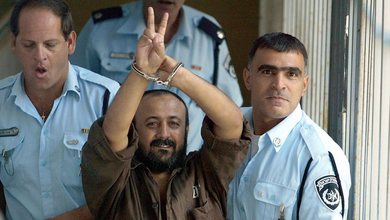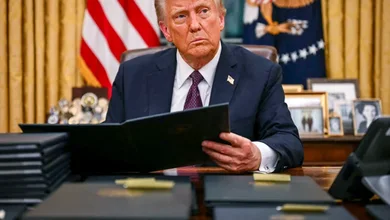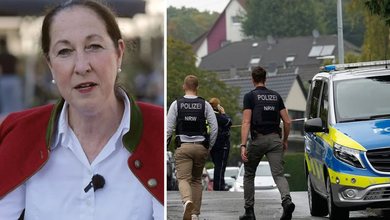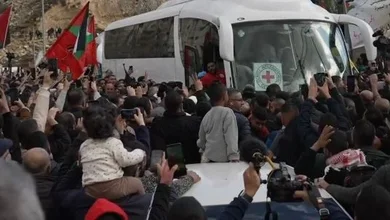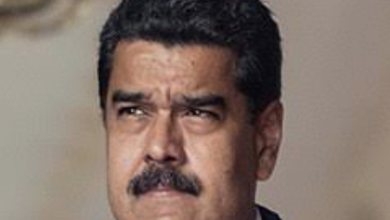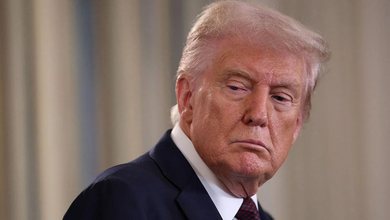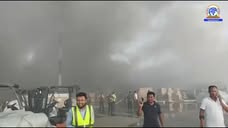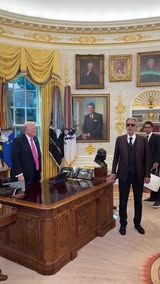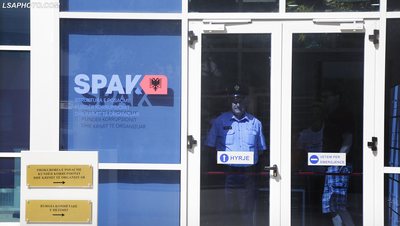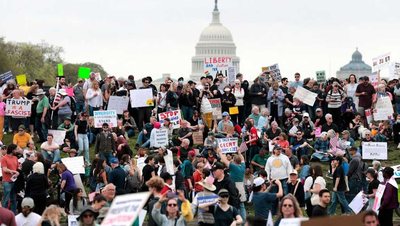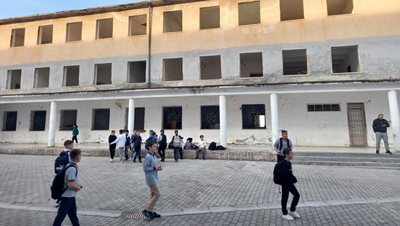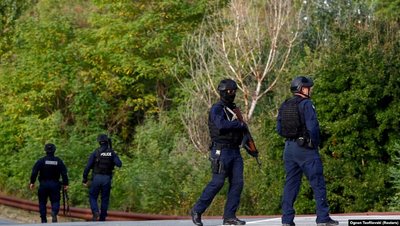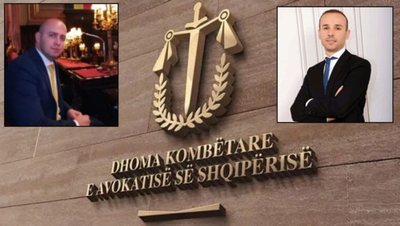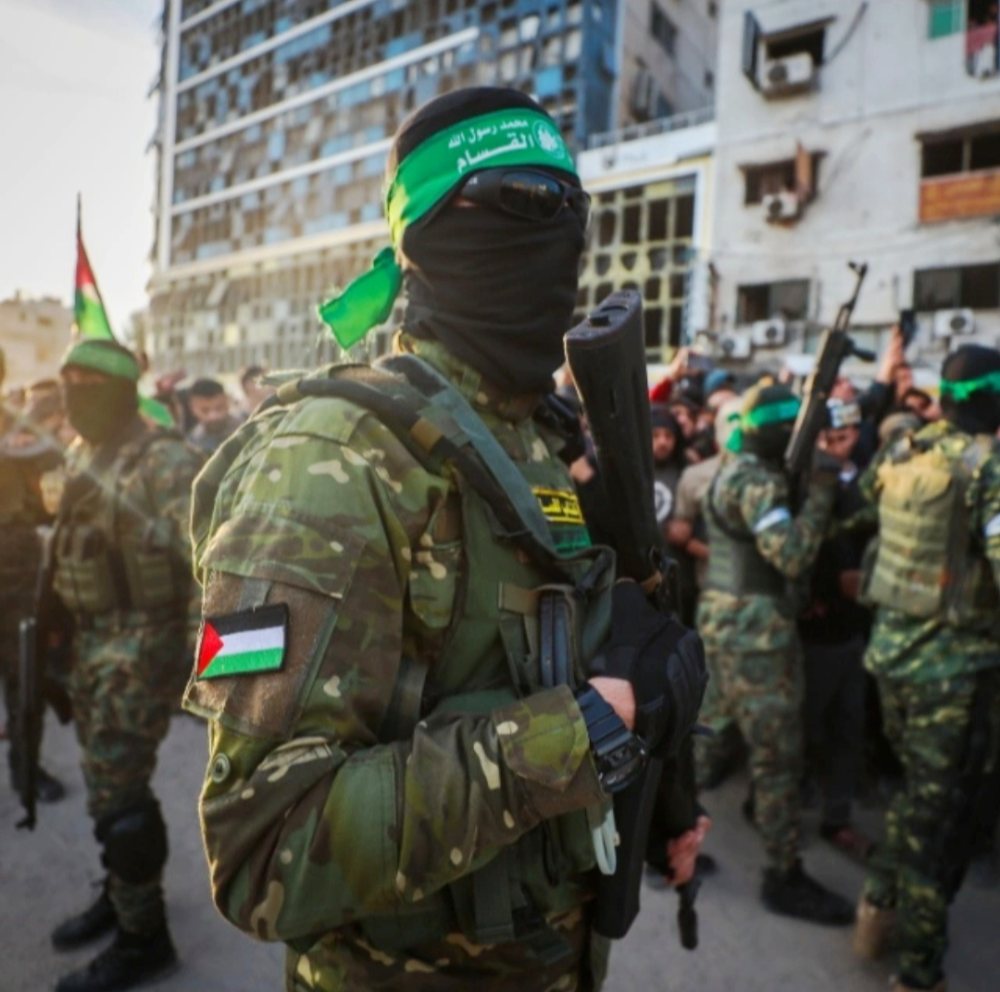
The killing of two elite Hamas members by the Dughmush faction, which operates in Gaza, has mobilized the Palestinian organization, which is seeking to regain control of neighborhoods. There are concerns about internal clashes and violations of the terms of the ceasefire.
A Hamas official confirmed on Saturday that the movement's demand for disarmament, which is included in US President Donald Trump's plan for Gaza, is "out of the question."
The official, who asked to remain anonymous, told Agence France-Presse that “the issue of handing over weapons is out of the question and not on the table at all.” The statements came on the second day of the ceasefire between Israel and Hamas.
At the same time, according to the BBC, the Palestinian organization has called up about 7,000 members of its security forces, with the aim of regaining control over areas of Gaza that were recently abandoned by Israeli troops, according to local sources.
Hamas also appointed five new governors, all with military experience, some of whom have previously commanded brigades of the organization's armed wing.
Sources say that the order for mobilization was given through phone calls and messages, stating that the goal is "to cleanse Gaza of criminals and collaborators of Israel," with the obligation for fighters to report within 24 hours.
Why did armed forces take to the streets of Gaza?
Reports from Gaza indicate that armed Hamas units have already been deployed in several neighborhoods — some in civilian clothes, others in the blue uniforms of the Gaza police.
Tensions rose sharply after two elite Hamas members were killed by powerful gunmen from the Dughmush faction in the Sabra neighborhood of Gaza City. One of the killed was the son of Imad Akel, a senior commander in the armed wing who now heads Hamas' military intelligence service.
The bodies of the two killed were left in the street, sparking anger and fears of a strong response from Hamas.
Later, armed Hamas fighters surrounded an area where more than 300 fighters from the Dughmush faction were believed to be hiding, armed with machine guns and improvised explosive devices.
On Saturday morning, Hamas killed a member of the faction and reportedly kidnapped about 30 others.
Struggle for control of Gaza after the war
Hamas' mobilization was largely expected, as there is uncertainty about who will govern Gaza after the war ends - a critical issue that could complicate the second phase of Donald Trump's peace plan, which includes disarming the organization.
A Hamas official in exile, speaking to the BBC, declined to comment directly on reports of a massive deployment of forces, but said:
"We cannot leave Gaza at the mercy of bandits and militias supported by the Israeli occupation. Our weapons are legal... for resistance to the occupation, and they will remain as long as the occupation lasts."
Fear of internal conflict
A former security officer who served for years under the Palestinian Authority in Gaza expressed fears that the region is heading towards a new wave of internal bloodshed.
"Hamas has not changed. It still believes that weapons and violence are the only way to keep its movement alive," he told the BBC.
"Gaza is awash with weapons. Thieves looted thousands of weapons and ammunition from Hamas warehouses during the war, while some groups even received supplies from Israel. This is the perfect recipe for a civil war: weapons, disillusionment, chaos, and a desperate move to regain control over a tired and devastated population."
"The risk of internal conflicts is real"
Human rights expert Khalil Abu Shamala, who lives in Gaza, said it remains to be seen whether Hamas will agree to hand over control on the ground or try to obstruct the implementation of the peace plan.
"There is undoubtedly widespread fear among Gazans of possible internal clashes, given the many factors that could trigger them," he said.
He added that Hamas has been forced to accept the peace plan due to the great pressure it is experiencing.
"I believe that his continued efforts to maintain influence by any means, even by getting involved in security issues, could jeopardize the agreement and lead the people of Gaza to even greater suffering," he stressed.



